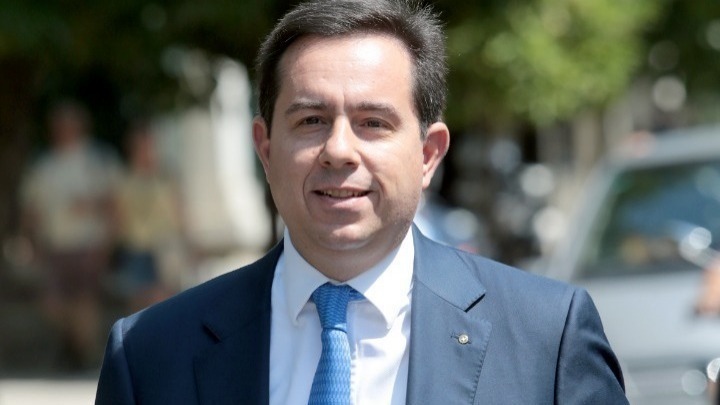Greece is undertaking an initiative to support Bulgaria and Romania in joining the Schengen zone, according to a statement by the Migration and Asylum Ministry on Thursday.
“This enlargement will have direct benefits for Greece as well, as we will now be connected by road, within the Schengen area, with the rest of the member states of the European Union,” the announcement said. For this initiative, Greece is in communication with the Swedish presidency and the European Commission.
It is reported that Bulgaria and Romania joined the European Union in 2005 and in 2011 they successfully completed the evaluation procedures for their accession to the Schengen area, which was validated by the conclusions of the Council of Ministers of Internal Affairs of 9 June 2011. Since then the European Commission has repeatedly expressed the view that the two countries are ready to join the Schengen area without internal border controls.
This issue, as well as Croatia’s full accession to the Schengen area, was discussed at the EU Council of Home Affairs Ministers on 8 December 2022. However, while Croatia was unanimously accepted, Bulgaria and Romania were not accepted due to objections from two countries (Austria and the Netherlands).
Greece supports the accession of Bulgaria and Romania, as it will contribute to the stimulation of the economic activity of the country, through a land connection with the Schengen area and to the strengthening of the security of the external borders of the EU.
The Minister of Migration and Asylum, Notis Mitarachi, is visiting Austria and was received earlier on Thursday in Vienna by the Austrian Chancellor, Karl Neuhammer, while yesterday he met with Interior Minister Gerhard Karner.
In his statement, Mitarachi stressed: ”
“Greece is taking the initiative to support Bulgaria and Romania’s application to join the Schengen zone. This enlargement will also bring direct benefits for Greece, which is now united by road with the other Member States of the European Union. I met here in Vienna with the Austrian Chancellor, Mr. Karl Nehammer, and the Minister of the Interior, Mr. Gerhard Karner, and I will visit Sofia and Bucharest next week. There are issues to be resolved, especially issues related to migration, the protection of our external borders, an issue which requires a more coordinated, but also a stricter, European policy. For this initiative we are in contact with the Swedish Presidency and the European Commission.”
SOURCE; ANA-MPA







